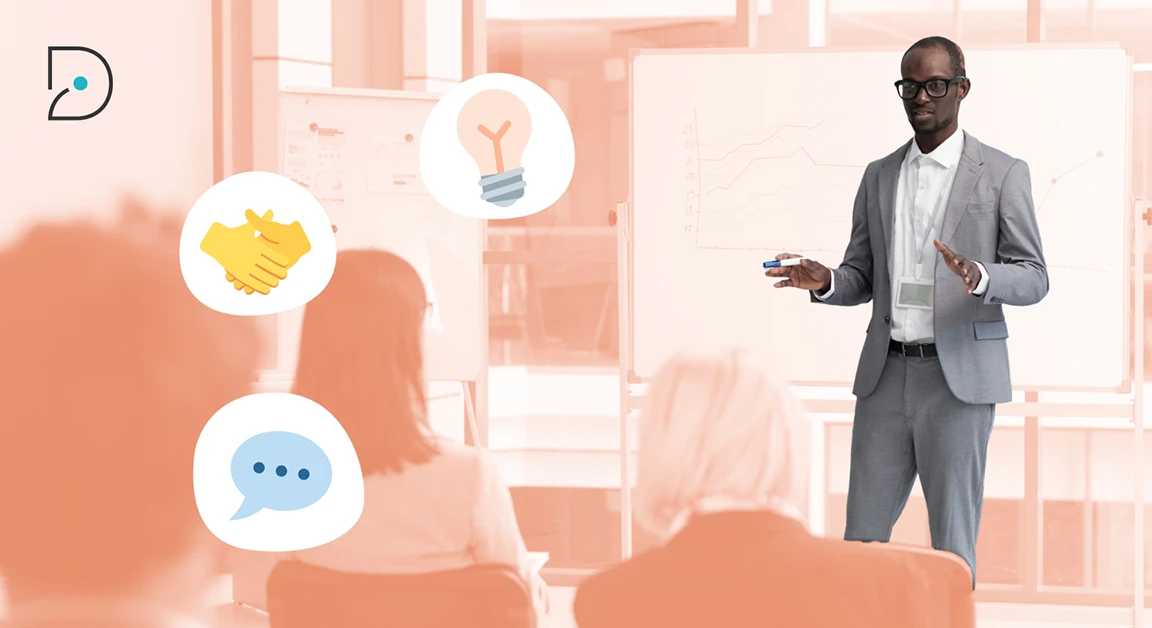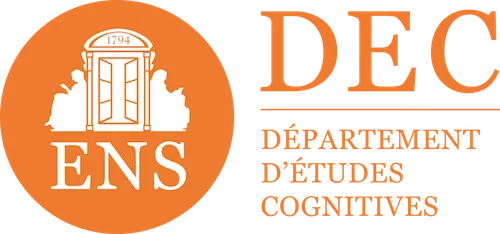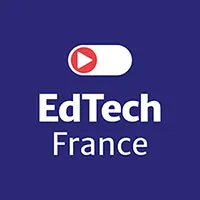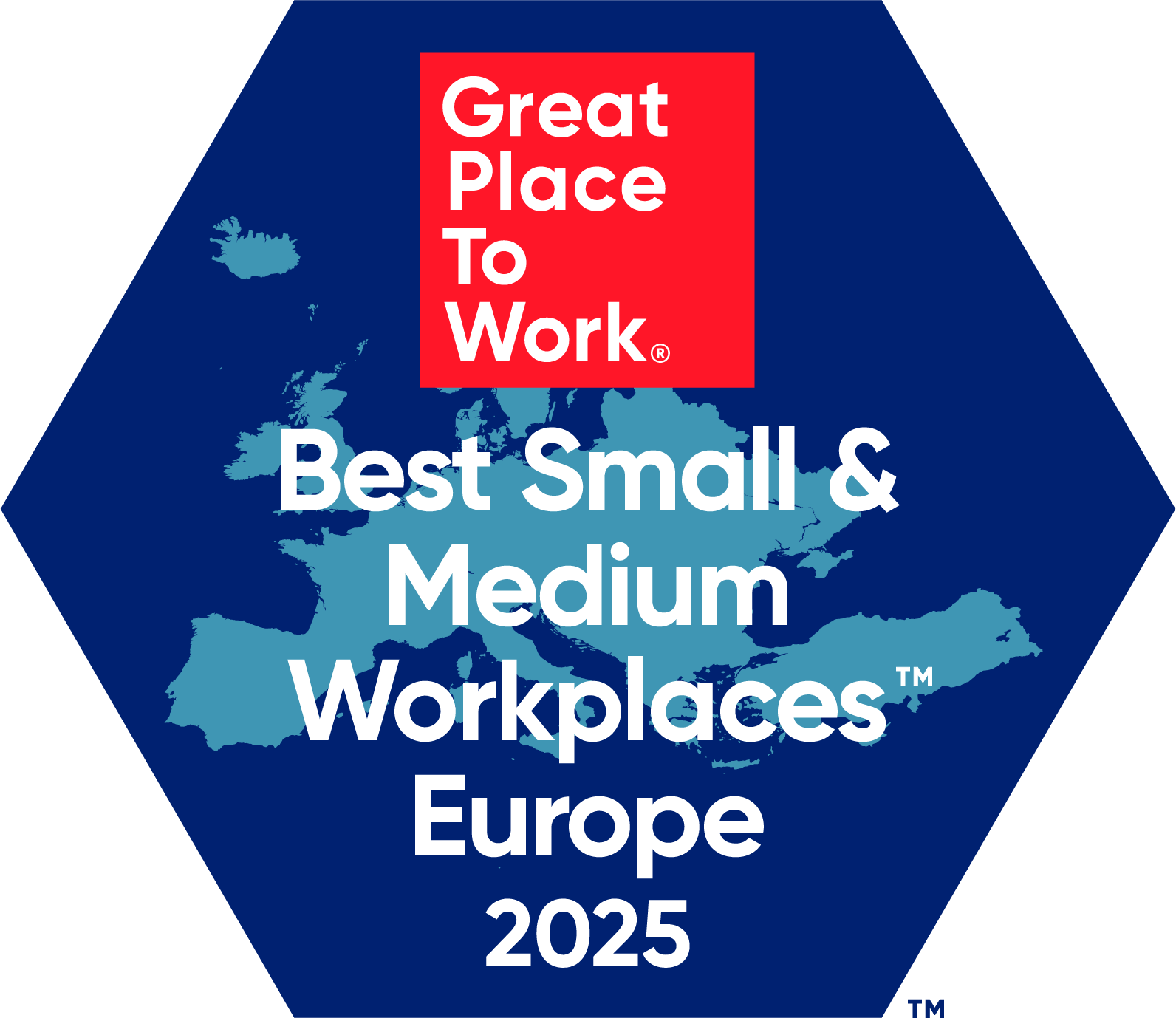

Based learning: active methods for learning
In the world of vocational training and international education, learning methods are evolving to adapt to a constantly changing environment. The Based learning, literally “learning based on...”, brings together several active pedagogical approaches: the Game-based learning, the Problem-based learning And the Challenge-based learning. These educational approaches are all centered on engagement, collaboration, experience, and problem solving.
These methods have proven themselves in universities, schools of science, health or social work and are now attracting training organizations and companies looking for educational effectiveness. It is in this context that the Didask LMS platform, with his Author tool, its AI assistant and its training catalog, offers an innovative learning experience.
What is game-based learning?
Game-based learning (GBL), or learning through play, consists of using educational games to transmit knowledge and develop skills. Far from being just entertainment, GBL is based on a clear pedagogical structure: defined objectives, exams, learning scenarios, interactions in teams or in the classroom.
Gamification or GBL?
GBL should not be confused with gamification. The latter consists in integrating game mechanisms (points, badges, rankings) in non-fun contexts, without the game being the core of learning.
GBL, for its part, uses the game as a structuring educational framework. It relies on educational research to offer games designed with educational objectives. Les Learners play an active role : they learn by doing, by testing, by failing, and then by succeeding. This method promotes the engagement and retention of knowledge.
Source: New South Wales government study
What is problem based learning?
Problem-based learning (PBL) is a method that originated in the 1960s in medical schools. It is a teaching where learners are confronted with a complex, often realistic problem that they must solve as a team, mobilizing their knowledge, using research and experimenting with solutions.
Source: Lefebvre Dalloz
What is the main objective of the PBL?
The objective is to promote autonomous, contextualized and more sustainable learning. This method is particularly suited to vocational training contexts, as it simulates concrete situations that employees can find in their daily work.
What is Challenge-based learning?
Challenge-based learning (CBL) is a pedagogical approach developed by Apple and adopted in numerous schools and businesses around the world. It is based on the idea of launching a challenge to learners, in connection with a real problem, often social, environmental or related to a professional context.
Source: Apple study
What are the key stages of CBL?
The CBL is based on three essential points:
- Commitment around a global theme.
- Definition of a specific and actionable challenge.
- Development of a concrete solution and sharing with the community.
This active, project-oriented pedagogy is deeply transversal and collaborative. It combines group work, disciplinary skills and critical thinking.
CBL: how is it going?
A typical CBL scenario in a training organization or a company generally takes place as follows:
- Identification of a professional or societal issue.
- Establishment of a multidisciplinary team.
- Completion of a project integrating educational resources, digital tools and exam times.
- Presentation of results in a collaborative or inter-team framework.
The benefits of Based Learning
Whether it is game-based, problem-based or challenge-based learning, it offers numerous educational and operational advantages, particularly adapted to the needs of companies and training organizations:
- Development of transferable skills: collaboration, problem solving, leadership, communication... so many essential soft skills in the professional world.
- Active and contextualized learning: apprentices are placed in concrete situations, close to their reality of activity or to a realistic professional framework.
- Increased involvement and motivation: the fun dimension, the challenge or the resolution of real problems reinforce the commitment of learners throughout the course.
- Sustainable appropriation of knowledge: by combining theory and practice, knowledge is better retained and reusable in the business context.
- Integrated and continuous assessment: each learning activity allows for accurate monitoring and measurement of learners' progress.
- Adaptability to different sectors: health, science, management, engineering... It is easily adapted to different professional or university training contexts.
- Seamless integration with digital tools: via an LMS platform like Didask.
Didask, an LMS solution aligned with Based Learning
The LMS tool Didask focuses on modularity, the personalization of courses and explicit pedagogy through:
- An authoring tool that allows you to design modular content.
- One Educational AI who customizes the courses according to the level and responses of the learners (logic of Adaptive learning).
- One Didask training catalog regularly enriched, integrating engaging scenarios, case studies and dynamic evaluation activities.
- One AI assistant able to help trainers structure a course according to the educational objectives and the level of the learners.
With Didask, learning becomes an experience centered on active work, collective thinking and simulation. An ideal solution for training organizations and companies that want to move to an active and effective pedagogy, rooted in reality.
Based learning is not a passing pedagogical trend. It meets a growing need to make themore engaging learning, more meaningful and more effective in a rapidly changing professional world.
By combining game, project, real problems and collaboration, these methods transform training into a performance lever. Thanks to solutions such as the Didask LMS platform, actors in education and vocational training finally have tools that match their educational ambitions.
Make an appointment directly with our eLearning experts for a demo or simply more information.













